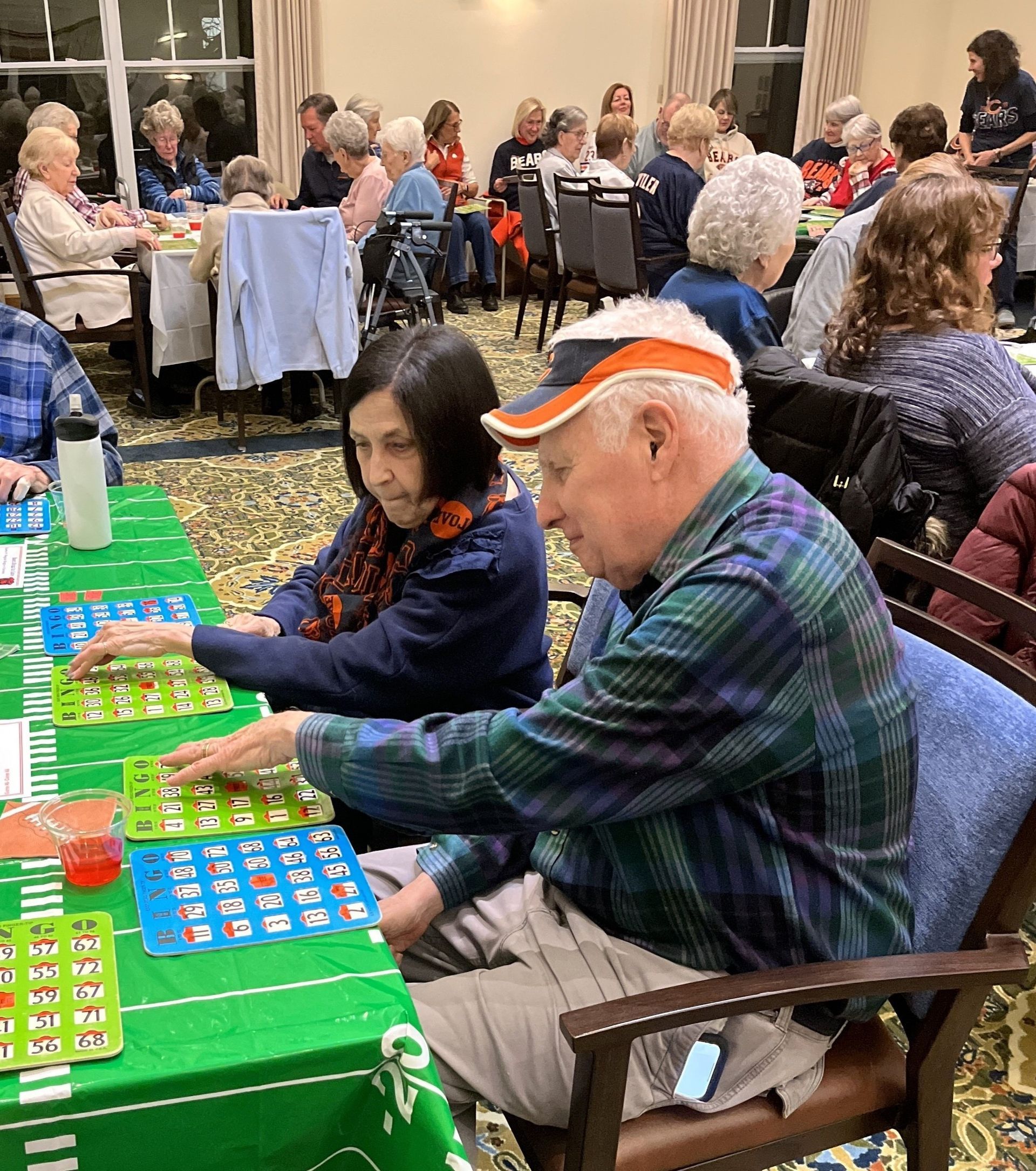8 Habits That Can Improve Your Memory and Cognitive Health

If you frequently misplace your reading glasses or forget the name of a casual acquaintance, you're certainly not alone. While some forms of memory loss, such as dementia and Alzheimer’s, require medical attention, there is also normal age-related cognitive decline that nearly all people experience once they reach their 70s or 80s.
These “normal” changes can still be frustrating and pose challenges, but thankfully, studies have shown some specific steps that seniors can take to strengthen their overall brain health—and possibly even prevent more serious memory decline:
1. Get a good night’s sleep
Decades of research supports the fact that sleep is a critical time when memories consolidate and get stored. And that means missing out on sleep—or high enough quality sleep—can compromise some of those processes. The National Sleep Foundation recommends getting between seven and nine hours of sleep each night for optimal health and brain function.
2. Exercise regularly
What is exercise not good for? A recent finding from the American Academy of Neurology suggests that regular exercise is one of the most important things that people with mild memory problems can do to help stop those symptoms from getting worse—or turning into serious neurological disorders like Alzheimer’s disease.
3. Repeat or re-learn the information later
Psychologists and others call this one the “spacing effect.” The idea is that the more you re-learn or remind yourself of information again and again, spaced out over time, the better you’ll retain that information in the long run. Perhaps you first learn about an Olympic figure skater’s difficult upbringing by watching a news clip of his story; then a day or so later you read an article about that same skater; and then a few days later a friend starts telling you about the same figure skater’s story. Repetition helps make that story stick in your head—and so does the fact that you re-learned that information on different days in different settings.
4. Test yourself
People often think testing is useful because it tells you what you know and what you don’t. But the more important power of testing is providing practice for retrieving information that you’ve learned and establishing that connection in the brain, explains Rosalind Potts, PhD, of University College London. For example, in one study that tested a group of students on new information they had learned one week earlier, students who were also tested on the new information immediately after learning it outperformed students who were simply instructed to study the information and wait for the final test.
5. Put the information in your “memory palace”
The idea is if you want to remember something, such as a shopping list or a code, you visualize those items or numbers in different rooms of your house (or some other physical place you are very familiar with). The “memory palace” approach (also called the “Method of Loci”) has been studied extensively in psychology, and research shows it can be more valuable in terms of remembering than pure intellectual capacity, and also more effective than straightforward repetition and memorization.
6. Use a mnemonic device
It’s easier to remember things that relate to knowledge we already have because we can connect it to past memories. That’s why mnemonic devices work—they create a bridge between two pieces of information. If you want to remember the meaning of the Spanish word “zumo” (“juice” in English), you might conjure up an image in your head of a sumo wrestler drinking juice. When you hear the word “zumo,” you might then think of that sumo wrestler drinking his juice and remember the meaning of the word.
7. Pay attention
Sure, it’s obvious. But concentration is important if you’re trying to learn something new. “If you don’t pay much attention to the information, the likelihood you encode that in your long-term memory is low,” says Sean Kang, PhD, assistant professor in the Department of Education at Dartmouth College. For example, how many Americans could accurately draw the details of the dollar bill, even though we likely look at it all the time? When trying to memorize something, we’re often distracted by peripheral cues such as nearby people or noises. However, if we choose to completely focus our attention on something (even for a few seconds), it’s amazing how much stronger our long-term recall can be.
8. Make it relevant to your life
Based on the neuroscience explanation of how memory works, if you really want to remember something, your best bet is trying to connect it to some other part of your life or a topic you already know, says Blake Richards, DPhil, assistant professor in the Department of Biological Sciences at the Canadian Institute for Advanced Research. “Figure out some other facet of life for why it’s relevant—and use it.”
For more information about Chestnut Square’s vibrant senior living community, please call (847) 998-1118 or visit www.ChestnutSquare.info













